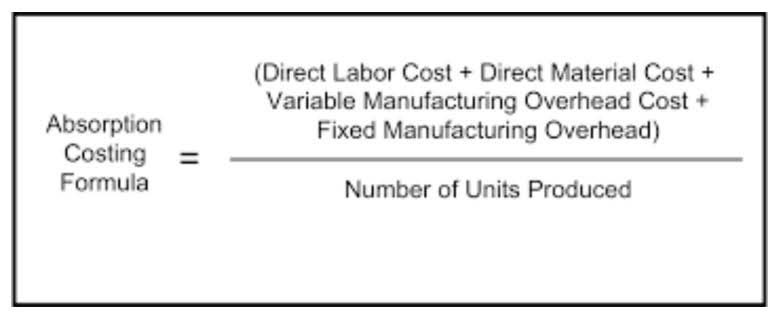
CAOs, on the other hand, are responsible for ensuring the integrity and accuracy of financial information and safeguarding the company’s assets. It includes performing internal audits, reviewing financial statements and reports, and ensuring that the company’s financial systems and procedures comply with legal and regulatory requirements. They also play a crucial role in identifying potential risks and opportunities and recommending mitigation strategies.
- Hiring practices will need to change in many accounting and finance organizations to process big data and create ways to provide colleagues across the business with automated reporting.
- A controller and a chief accounting officer (CAO) are both senior-level positions within a company’s finance department but have slightly different responsibilities.
- According to the Bureau of Labor Statistics (BLS), the median annual wage for accountants and auditors in 2020 was $73,560 ($35.37 per hour).
- In this article, we look at the trends they highlighted and at the elements of the modern CAO.
- Controllers spend most of their time in the trenches making sure ledgers are accurate and systems are working properly.
- A controller is typically responsible for overall financial management and reporting, including preparing financial statements, budgeting and forecasting, and managing the accounting department.
CAOs may also want to get the Certified Internal Auditor (CIA) certification on top of these academic and professional qualifications. The CIA is an internationally recognized designation that attests to the holder’s knowledge of internal auditing processes and their ability to apply them effectively within any organization. World-class controllerships utilize a framework to help define the scope of their responsibilities and pinpoint areas for improvement.
Identifying Which Role Suits You Best
CAOs also play a crucial role in identifying potential risks and opportunities and recommending mitigation strategies. The controller is in charge of the company’s overall financial management, which includes reporting, budgeting, and making plans for the future. On the other hand, the CAO is in charge of day-to-day accounting tasks like keeping financial records, making financial statements, and ensuring that accounting standards and laws are followed. Ultimately, the decision between hiring a controller or a chief accounting officer comes down to your business needs and budget. Given their importance within an organization’s financial ecosystem, it’s essential that any business looking to hire a CAO search for someone who has significant experience in finance leadership roles. Strong communication skills are also critical since this position requires working closely with other departments across organizations.
Last, it is not an industry requirement to obtain a Certified Public Accountant (CPA), Certified Management Accountant (CMA), Chartered Financial Analyst (CFA), or any other type of licensure. For many, these licensures will help and may be a preferred requirement for the role. For larger public companies, controllers will often be required to have at least a CPA license. Especially in small companies, the existence of both a CFO and a Controller can lead to confusion over responsibilities. In small companies, the roles of the CFO may be performed by the Controller or may be split with the owner, CEO, or COO.
What Do Chief Accounting Officers (CAO) Do?: Salary, Job Responsibilities & Skills Needed- Recommended Readings
The CMA certification helps show that a person is skilled in these areas and gives employers confidence that their CAO candidates have the skills and knowledge they need to run their organization well. The position of chief executive officer (CAO) is typically one of the highest in an organization and also one of the most demanding. A CAO is in charge of ensuring that all federal, state, local, and corporate laws and policies are known and followed and keeping an eye on tax compliance.
As a result, it is up to the Chief Accounting Officer to ensure that the latest hardware and software packages are implemented whenever needed to make the department run smoothly. Chief Accounting Officers also have to deal with the difficulty of reaching their organization’s profit goals through effective cost control measures, such as cutting costs that aren’t necessary or finding ways to boost productivity. It includes staying chief accounting officer vs controller up-to-date with emerging technologies, industry developments, the competitive landscape, and customer demands so that they can anticipate potential areas of growth or risk for their company. For this job to go well, you need to be able to talk and write about ideas professionally. The ideal candidate would also have great people skills that would allow them to build relationships at all levels of the organization.
Cookie and Privacy Settings
This job was a great fit for you because you have always been interested in finance and accounting. The chief accounting officer works with senior executives or board members to develop strategies to increase profits or reduce costs without sacrificing the company’s quality of services or products. It would bring added value to the organization while simultaneously minimizing risk exposure. A chief accounting officer is responsible for putting together financial statements and reports that can assist in interpreting a company’s current financial position.

